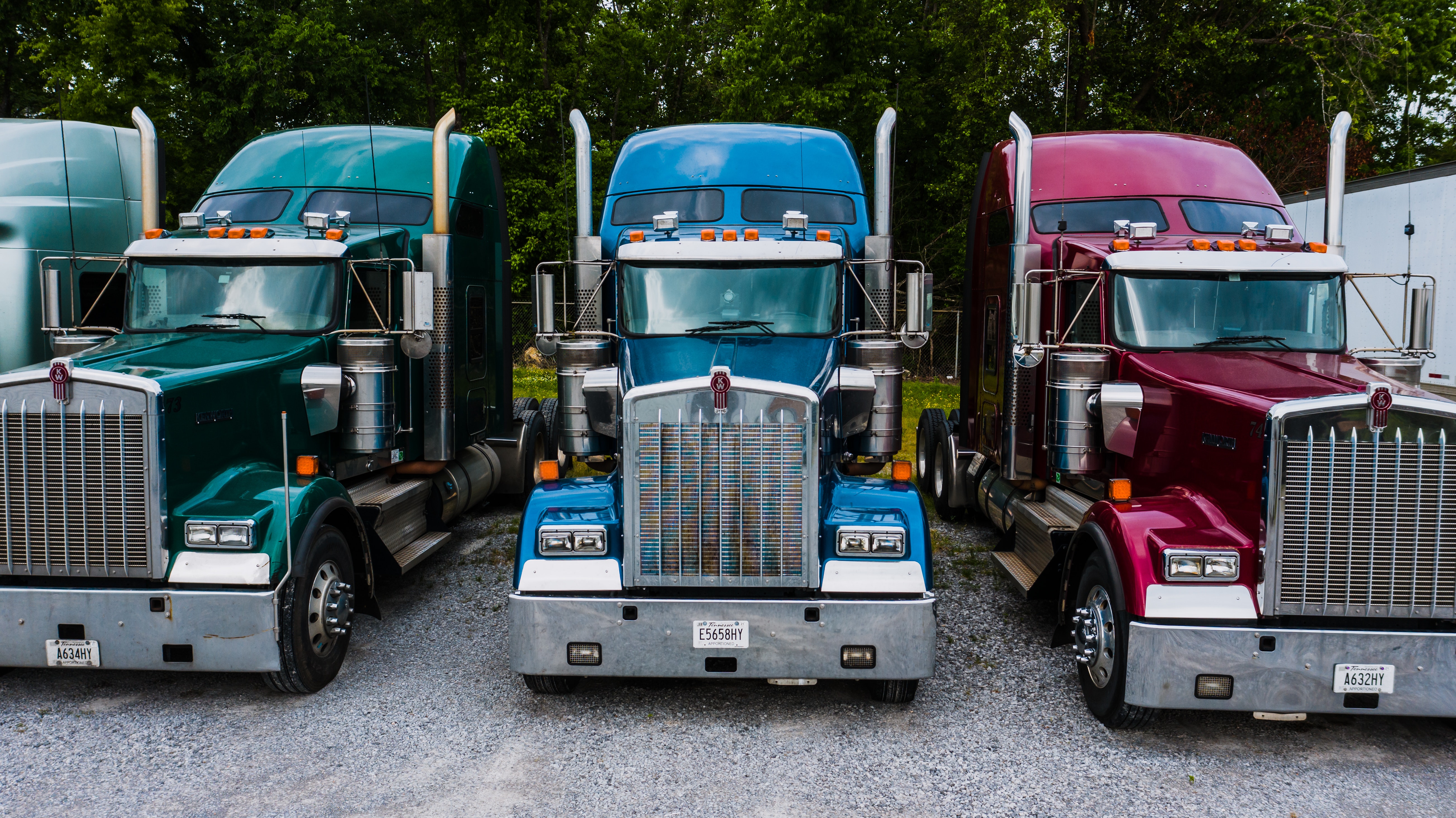Like the rest of the world, the transportation and logistics industry is transforming rapidly as a result of technology innovation. In the shipping industry, for example, 89% of shippers report that they view technology as essential for supply planning, and 83% rely on technology to manage demand, according to a 2020 study by Pennsylvania State University. The rapid innovation in the transportation and logistics industry is more than a fortuitous development; it’s become essential to remaining competitive in a fast-changing industry. Modern customers expect to be able to travel and receive their orders faster than ever before. And, as unexpected events like the COVID-19 pandemic have shown, transportation and logistics companies need to be able to anticipate and adapt to sudden changes in demand and disruptions to their routes.
Technology Solutions for Transportation and Logistics with ServiceNow
With the right technology solutions, transportation and logistics companies are able to optimise their operational efficiencies, provide cutting-edge customer service, and improve their resilience in the face of challenges and setbacks. Technologies like ServiceNow are essential to modernising how work gets done. ServiceNow connects previously disconnected workflows and teams, automates essential functions, and ensures companies can make intelligent, real-time adjustments. The end result is that customers get faster, cheaper, more reliable and transparent customer service and outcomes. Let’s explore three key factors that are causing companies across the transportation and logistics industry to increasingly depend on technology to drive innovation:
-
Transportation and logistics is shifting from B2B to B2C
Much of the transportation and logistics industry has historically operated under a B2B model, where relationships are largely transactional and sellers don’t need to make investments in areas like the buyer journey and the customer experience. But technology has changed expectations across the board for how to build these relationships. Today, transportation and logistics companies are under pressure to create “consumerised” experiences for all customers, including B2B customers. Particularly as transportation and logistics companies move into the e-commerce world, they are recognising the benefits—and the necessity—of creating consumer-grade experiences. While this shift from B2B to B2C is pivotal, the ripple effects cannot be ignored: A B2C environment often represents a more complex business environment with lower margins. To survive, transportation and logistics companies need wholly different systems, capabilities, and insights—things that only modern technology can provide.
-
Customers know they can expect more
Until the advent of cloud-based technology solutions, transportation and logistics companies never needed to explain or be transparent about how goods and people got to where they needed to be. As long as the job got done, internal steps and processes could remain internal. Not so anymore. Modern consumers—spoilt by the transparency and instant gratification of consumerised experiences like Amazon—expect that transportation and logistics companies will offer comparable levels of visibility and insight. They want to be able to track and trace in real time, 24/7, on the touch points of their choosing. And once customers get all of the data they want, customers expect to be able to follow up when they’re dissatisfied and when they catch wind of delays and other problems. The systems and features that give customers what they want—in the ways they want it—are only made possible when companies invest in fundamentally different types of technology.
-
Digital disruptors are increasing competition
For generations, the transportation and logistics industry was fairly stable and predictable, with the dominant players able to hold their marketplace with relative ease. Modern technology has upset the status quo, enabling smaller players to innovate rapidly with cutting-edge technology solutions and displace established companies. From Amazon to international freight shipper Flexport, these companies have figured out how to give customers more of what they’re looking for—a level of speed, service, transparency, and reliability that the established players have struggled to match. The result of this digital disruption is that the playing field is much larger and more complex now, with legacy companies playing catch-up to their less established counterparts.
The transportation and logistics industry is transforming rapidly as a result of technology solutions. The industry is shifting from B2B to B2C, customers increasingly are coming to expect more from these companies, and industry disruptors are increasing competition for everyone. Although these changes have ushered in a new era marked by increased costs, complexity, and competition, digital innovation also has been enormously beneficial for the industry, enabling companies to offer more of what customers expect. Moreover, the initial investments that companies must make in technology pay off over the long run: These same technologies ultimately drive efficiencies and cost reductions that save money.
If you’re convinced that your transportation or logistics company is ready for rapid digital transformation, please reach out to the ServiceNow experts at Crossfuze. We’d love to show you how to use ServiceNow as your single, unified system for elevating your customer experience and enhancing your competitiveness.





